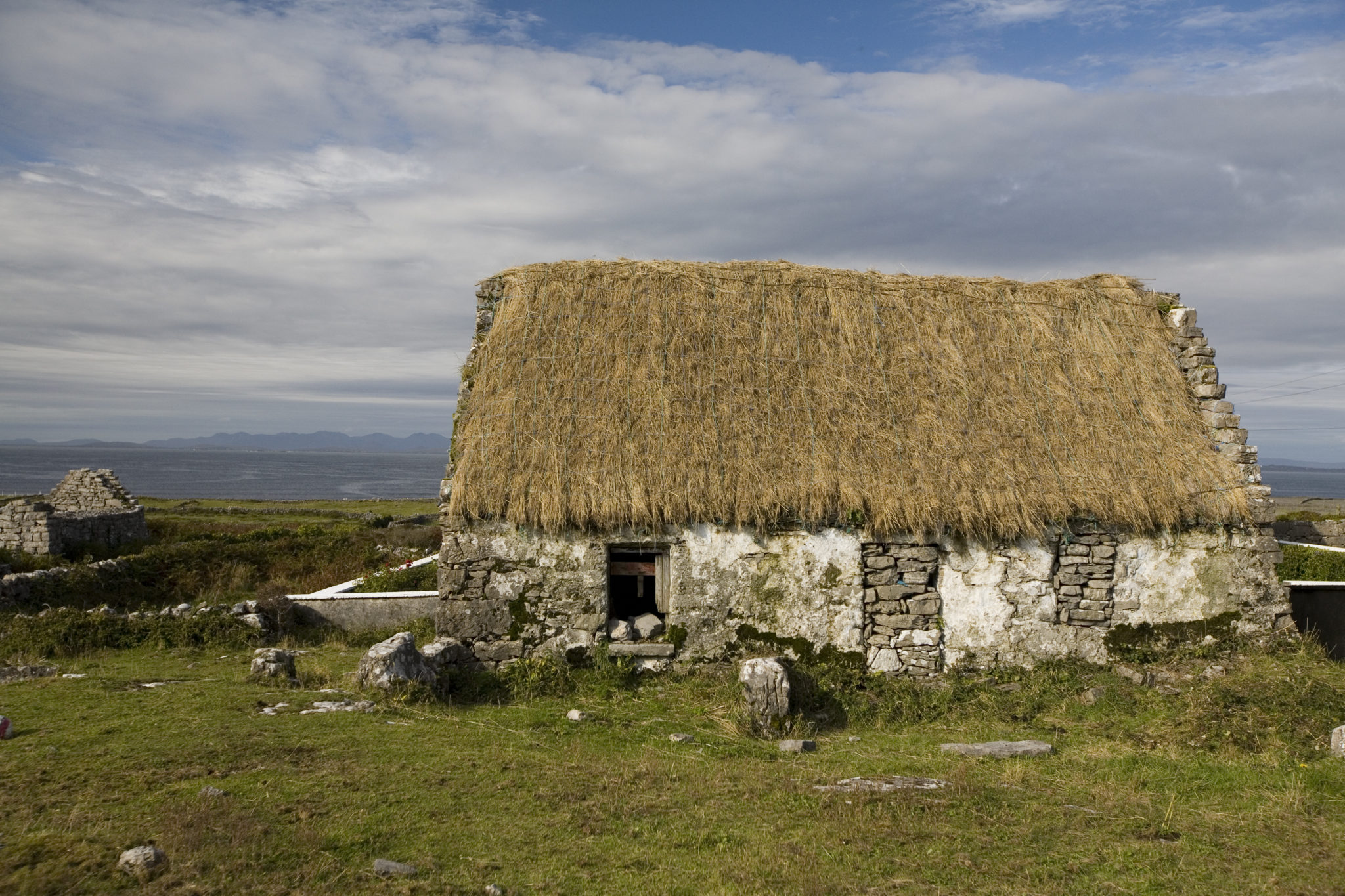Maine off grid living: Escape the ordinary and embrace a life deeply connected to nature’s rhythm. Imagine crisp mornings spent tending your own garden, evenings warmed by a wood-burning stove, and nights filled with the breathtaking spectacle of a star-studded sky. This isn’t just a lifestyle; it’s a transformative journey demanding careful planning, resourcefulness, and a deep respect for the land.
Discover the rewards and challenges, the legal hurdles and ingenious solutions, the sustainable practices and vibrant community that define this unique path.
This guide delves into the practicalities of Maine off-grid living, offering a comprehensive exploration of everything from setting up essential systems and navigating legal requirements to cultivating a sustainable homestead and fostering connections within a thriving off-grid community. We’ll examine the financial implications, weigh the pros and cons of various energy sources, and provide actionable advice for building a resilient and fulfilling life off the grid in the beautiful state of Maine.
Legal and Regulatory Aspects: Maine Off Grid Living
Embarking on the journey of off-grid living in Maine requires a thorough understanding of the state’s legal and regulatory landscape. Navigating the permitting processes and zoning regulations is crucial for a successful and conflict-free homesteading experience. Failure to comply can lead to significant setbacks, fines, and even legal action. This section will illuminate the key legal steps and potential challenges you may encounter.
Permitting and Zoning Regulations for Off-Grid Properties, Maine off grid living
Maine’s permitting and zoning regulations vary significantly depending on the specific municipality. While there isn’t a statewide, unified code for off-grid living, most towns and counties have their own ordinances addressing land use, building codes, water and wastewater management, and other relevant aspects. These regulations often cover aspects such as setbacks from property lines, building size limitations, and allowable structures.
It’s essential to contact the local planning board or code enforcement office of the town where you intend to establish your off-grid homestead to obtain detailed information about the applicable regulations. Early consultation with these authorities is highly recommended before purchasing or developing any property.
Legal Steps for Establishing an Off-Grid Homestead
Establishing a legal off-grid homestead in Maine typically involves several key steps. First, acquiring suitable land that complies with zoning regulations is paramount. This might necessitate obtaining a variance or special exception if your intended land use deviates from standard zoning allowances. Next, obtaining building permits for any structures you plan to erect is crucial, adhering to all building codes and safety regulations.
This includes permits for wells, septic systems, and any other necessary infrastructure. Furthermore, securing any necessary licenses or permits related to water usage, waste disposal, and power generation is also essential. Finally, it is important to ensure that your property meets all relevant environmental regulations.
Potential Conflicts with Local Ordinances
Potential conflicts with local ordinances commonly arise regarding water usage, waste disposal, and land use. Water usage regulations may limit the amount of water you can draw from a well or restrict irrigation practices. Waste disposal regulations often mandate the installation of approved septic systems and may prohibit certain methods of waste management. Land use ordinances may restrict the types of structures you can build, the size of your buildings, or the clearing of land for agricultural or other purposes.
For example, some towns may have strict regulations on the height of structures or the proximity of buildings to property lines. These regulations vary greatly depending on the municipality.
Examples of Successful Navigation of Legal Processes
Several successful cases demonstrate the feasibility of navigating the legal processes for off-grid living in Maine. For instance, one individual in rural Oxford County successfully obtained the necessary permits for a self-sufficient homestead by working closely with the local planning board and demonstrating compliance with all applicable regulations. They meticulously documented their plans, engaged in open communication with officials, and addressed any concerns proactively.
Another example involves a family in Waldo County that successfully secured a variance for a unique building design, adapting their plans to meet local building codes and aesthetic guidelines. Their proactive engagement with the town’s planning board resulted in a positive outcome. These examples underscore the importance of thorough preparation, proactive communication, and meticulous compliance with local regulations.
Embarking on the Maine off-grid adventure is a significant undertaking, demanding dedication, preparation, and a spirit of self-reliance. Yet, the rewards—a profound connection with nature, a sense of self-sufficiency, and a vibrant community built on shared values—make it an undeniably compelling pursuit. By carefully considering the legal and logistical aspects, implementing sustainable practices, and fostering strong community ties, you can create a life that is both fulfilling and deeply harmonious with the stunning landscape of Maine.
This guide serves as your compass, illuminating the path towards a life less ordinary, a life truly off the grid.
Questions Often Asked
What are the common health concerns associated with off-grid living in Maine?
Common concerns include access to healthcare, potential exposure to wildlife (ticks, Lyme disease), and ensuring safe water and food sources.
How do I find land suitable for off-grid living in Maine?
Start by researching Maine land listings online and contacting real estate agents specializing in rural properties. Consider factors like access to water, soil quality, and proximity to necessary services.
What are the social implications of choosing an off-grid lifestyle?
Expect increased self-reliance and a potentially more isolated life. However, many off-grid communities offer strong social support networks. Consider your personality and social needs when making this decision.
What about internet access in remote areas of Maine?
Internet access can be limited or nonexistent in many off-grid locations. Satellite internet is a common solution, though it can be expensive. Consider your internet needs carefully.
For descriptions on additional topics like gift ideas for off grid living, please visit the available gift ideas for off grid living.

